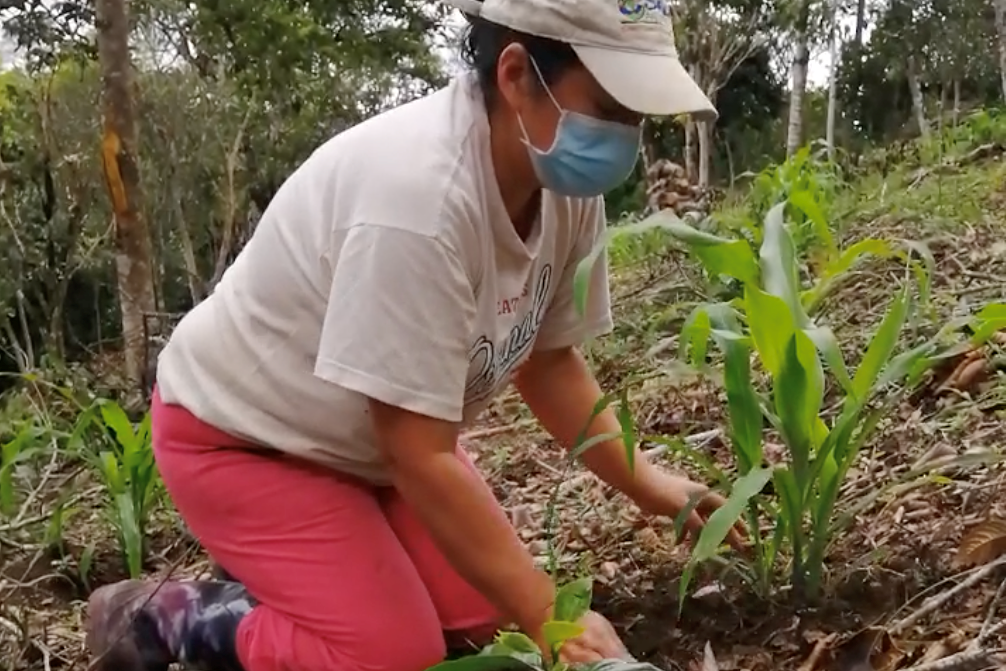
As the world continues to grapple with the COVID-19 pandemic, the importance of resilient, farmer-focused agricultural enterprises have never been clearer. For example, in Colombia, Root Capital client Federación Campesina del Cauca (FCC) is helping its farmers adapt to social distancing and other restrictions during the all-important coffee harvest season. Sustainable Harvest, one of FCC’s largest buyers and a Root Capital partner, recently published a story about FCC’s efforts—which we’ve excerpted below. We hope you’re as inspired as we are by the power of agricultural enterprises to innovate and serve as engines of impact when farming families need it most.
For the vast majority of coffee farmers, the process of farming and harvesting coffee has remained mostly unchanged for generations. True, mechanized picking continues to increase, new types of processing continue to emerge, and farming techniques continue to evolve, like using smartphones to analyze soil—but when it comes to the harvest, coffee farmers, for the most part, continue to depend on old-fashioned, manual labor.
This is especially true in Colombia—and many parts of Latin America—where the extremely mountainous landscape makes the use of mechanical pickers difficult or impossible. Despite depending on family-first, even the average smallholder coffee farm has to rely on hired labor to help hand-pick coffee cherries when they reach peak ripeness. Most of these workers are seasonal, migrant laborers who travel from farm to farm during the harvest season. These workers are often sleeping in tight quarters either as guests on the farm or in lodgings nearby.
The global health crisis has forced many governments to mandate social distancing, close off borders, and place restrictions on travel, raising the question among coffee farmers: “Who will harvest my coffee in the midst of a pandemic?” The coffee supply chain has never before seen a crisis of this magnitude, and while the semi-industrial portions of the supply chain, like dry mills and warehouses, can more readily adapt and function with staggered shifts and smaller teams, harvesting is an operation not designed for social distancing.
The resourceful cooperative leaders at the Federacion Campesina del Cauca (FCC), our producer partner in Cauca, Colombia, have, however, devised a promising solution. In addition to addressing the labor challenges regarding the harvest, FCC is also providing its farmers with strategies to help ensure food security, save costs, and come closer as families and communities during this difficult time.
Read the full story on Sustainable Harvest’s blog.

